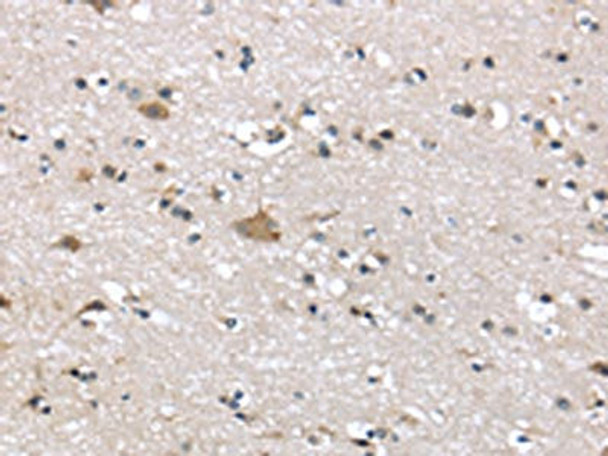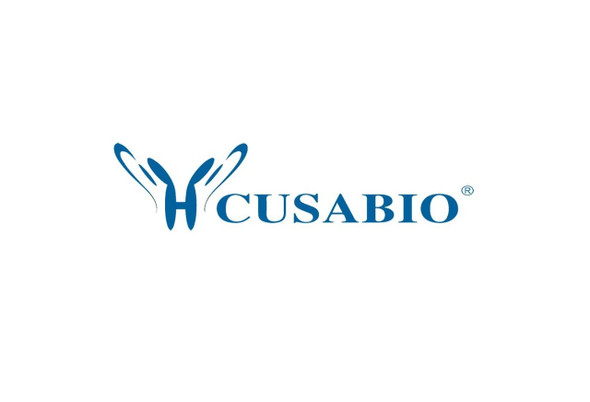Cusabio Polyclonal Antibodies
ADRB3 Antibody | CSB-PA235900
- SKU:
- CSB-PA235900
- Availability:
- 3 to 7 Working Days
Description
ADRB3 Antibody | CSB-PA235900 | Cusabio
ADRB3 Antibody is Available at Gentaur Genprice with the fastest delivery.
Online Order Payment is possible or send quotation to info@gentaur.com.
Product Type: Polyclonal Antibody
Target Names: ADRB3
Aliases: adrenoceptor beta 3
Background: The protein encoded by this gene belongs to the family of beta adrenergic receptors, which mediate catecholamine-induced activation of adenylate cyclase through the action of G proteins. This receptor is located mainly in the adipose tissue and is involved in the regulation of lipolysis and thermogenesis.
Isotype: IgG
Conjugate: Non-conjugated
Clonality: Polyclonal
Uniport ID: P13945
Host Species: Rabbit
Species Reactivity: Human, Mouse
Immunogen: Synthetic peptide of human ADRB3
Immunogen Species: Human
Applications: ELISA, WB, IHC
Tested Applications: ELISA, WB, IHC;ELISA:1:1000-1:2000, WB:1:200-1:1000, IHC:1:10-1:50
Purification Method: Antigen affinity purification
Dilution Ratio1: ELISA:1:1000-1:2000
Dilution Ratio2: WB:1:200-1:1000
Dilution Ratio3: IHC:1:10-1:50
Dilution Ratio4:
Dilution Ratio5:
Dilution Ratio6:
Buffer: -20°C, pH7.4 PBS, 0.05% NaN3, 40% Glycerol
Form: Liquid
Storage: Upon receipt, store at -20°C or -80°C. Avoid repeated freeze.
Initial Research Areas: Neuroscience
Research Areas: Neuroscience;Cancer;Cardiovascular;Metabolism;Signal transduction













